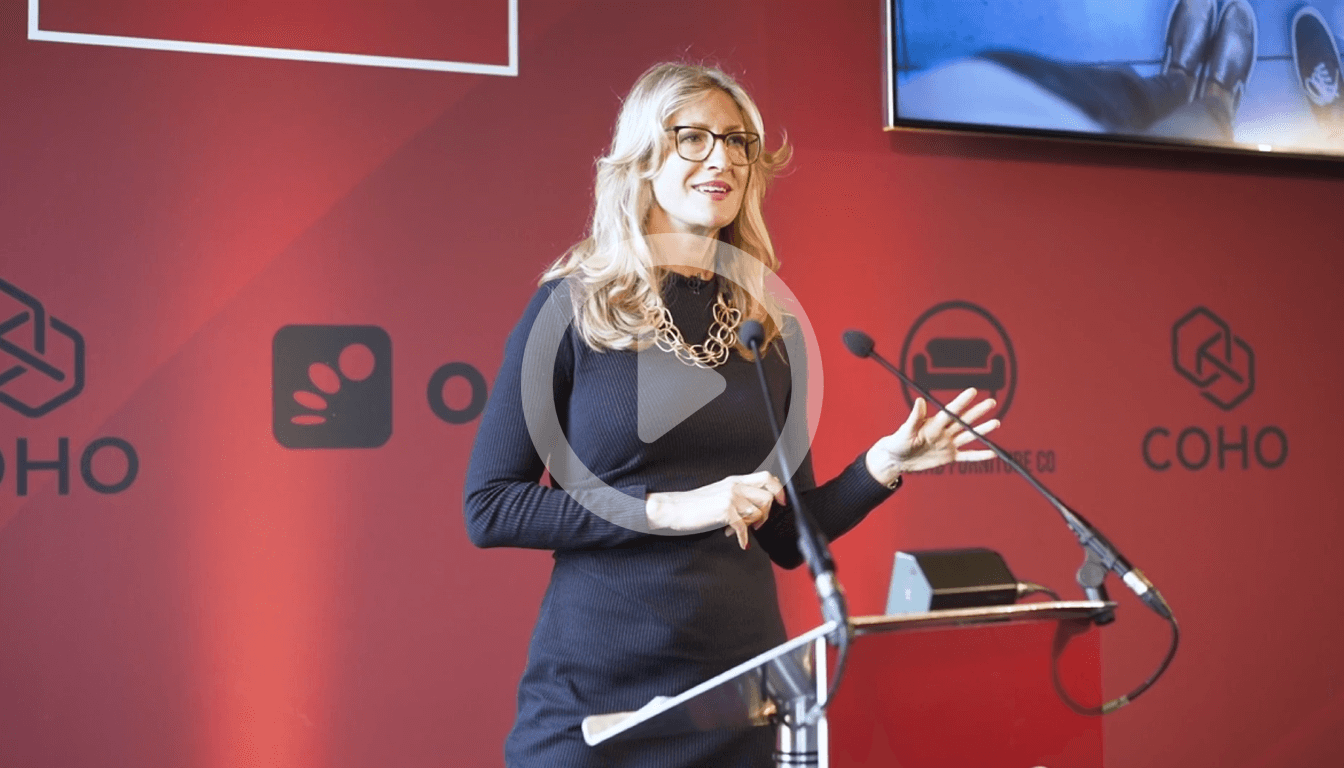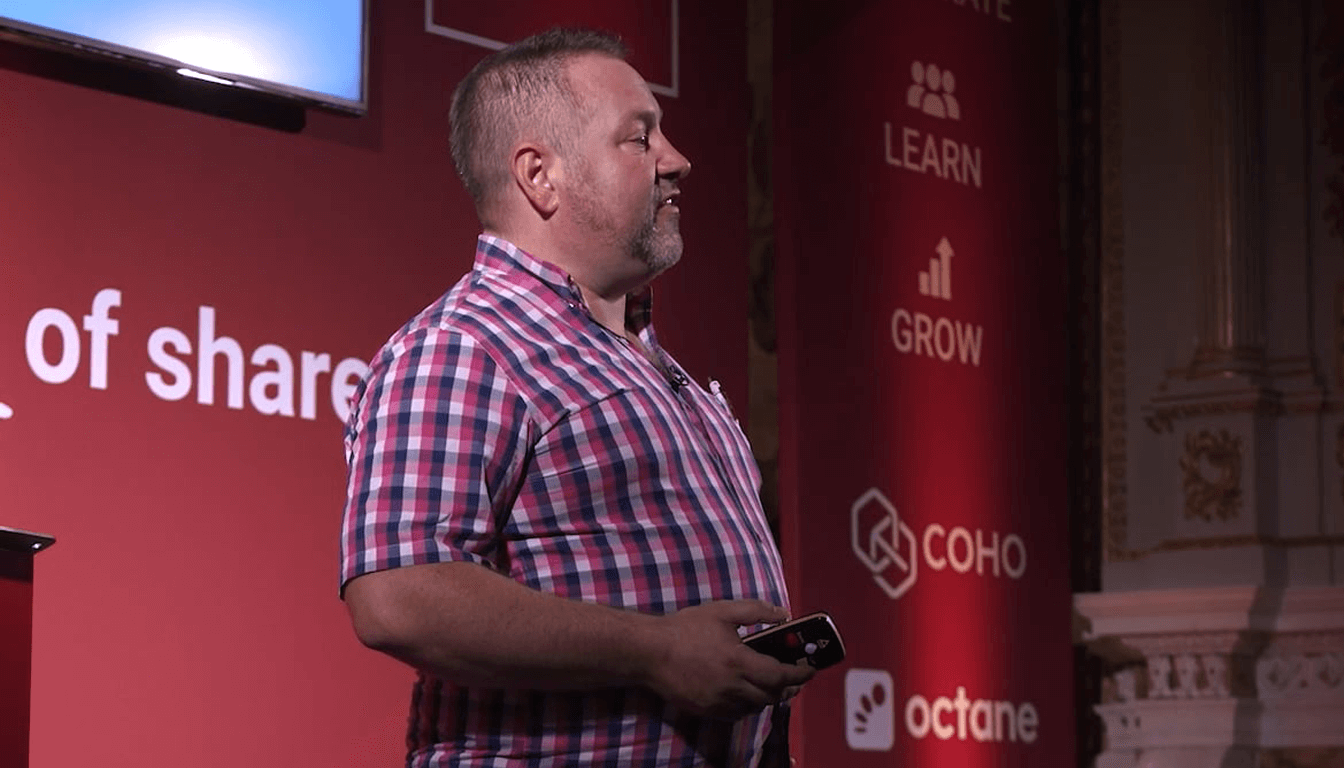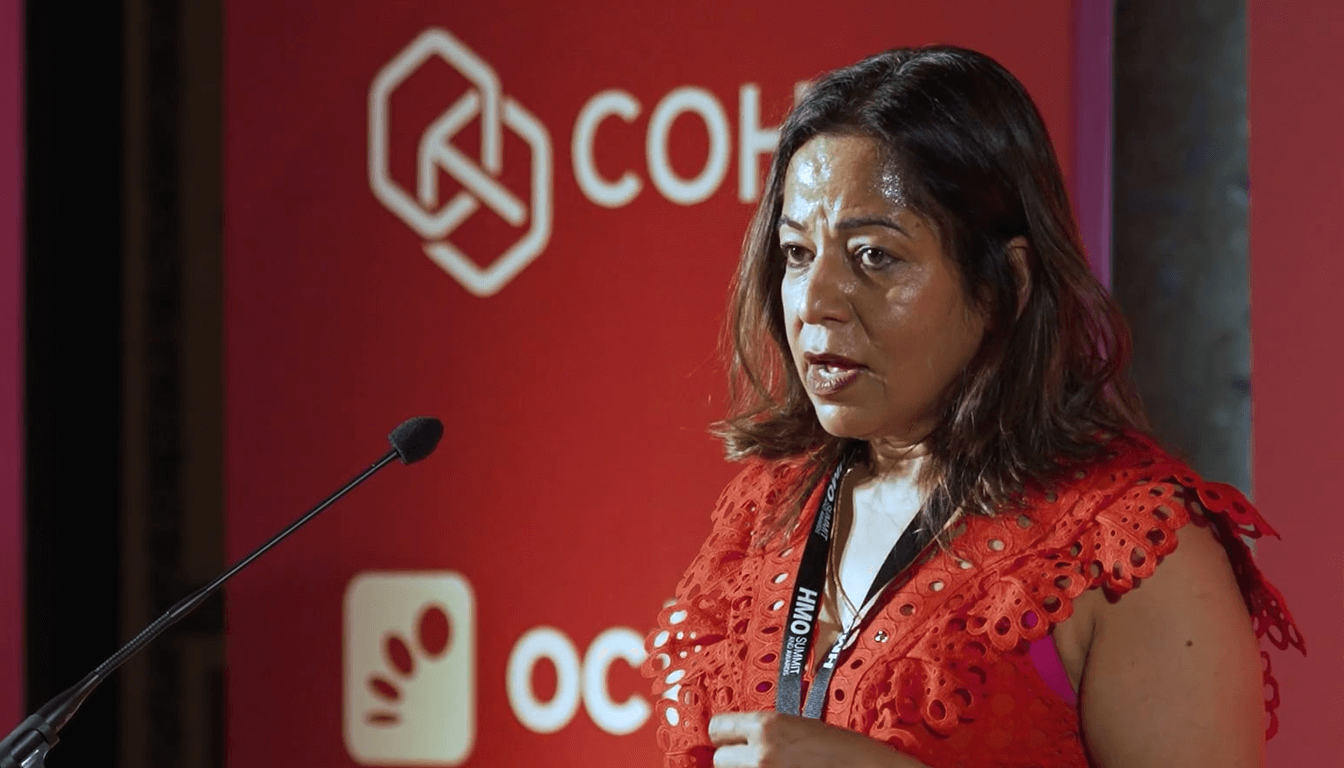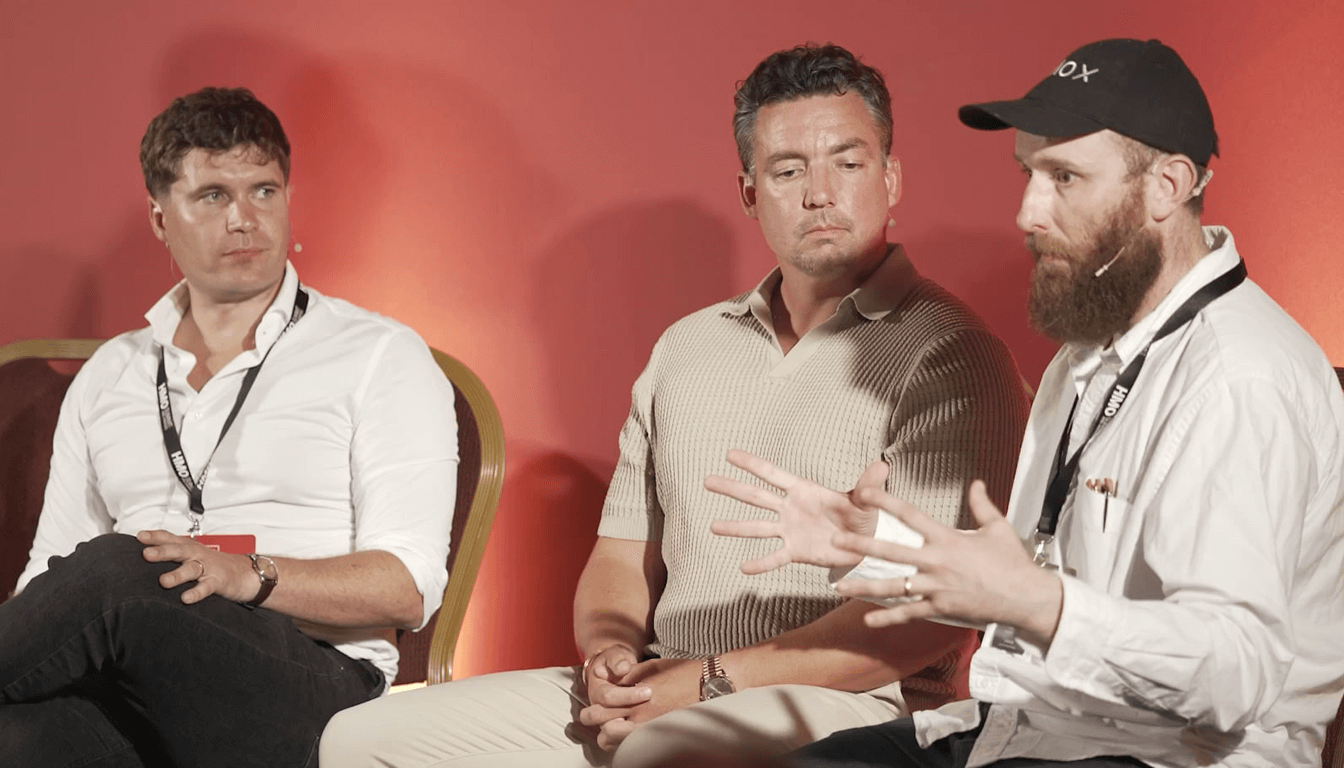Scaling Your HMO Business Through Virtual Teams: A Smarter Way to Grow in 2024
Imagine this: You’re sitting at a property event, fully present. No buzzing phone, no urgent tenant issue to solve, no compliance checklists to chase. Why? Because your operations are running smoothly, powered by a virtual team that’s not only managing the business — but moving it forward.
This isn’t wishful thinking. It’s exactly what’s happening across the UK HMO sector today as more landlords embrace the power of virtual assistants (VAs) and remote teams.
The Rise of Virtual Support in Property
The shift started in 2020, when the global pandemic pushed businesses online. The “Zoom boom” proved that location no longer dictated productivity. The property sector — often slow to adopt new models — began to awaken to the possibility of virtual assistants, whether they were based in the Philippines, France, or Phoenix.
That same year, BEAM Virtual Property Support was launched — beginning as a solo venture, helping landlords with small portfolios. Today, the business has scaled to over 20 VAs, a full operations team, and now works with larger landlords and agencies to either supplement or completely replace in-house staff.
Why Even High Street Letting Agents Are Hiring VAs
Margins are being squeezed. Agencies are under pressure to reduce costs while maintaining — or improving — service standards. The smart ones are turning to virtual support. Some high-street letting agents now use a hybrid model, blending UK-based and overseas team members.
Virtual teams aren’t just a stopgap. They are becoming part of the long-term staffing model — bridging the gap between growth and the next local hire.
Cost Efficiency and the Virtual Advantage
Let’s compare.
A traditional property manager might cost you £20,000/year. Add national insurance, pension, sick leave, and holiday pay, and you’re closer to £22,000. That works out to around £11.30/hour — often for less than full productivity.
Now consider a highly skilled virtual assistant. You pay only for the hours worked. Every minute is tracked and documented. There are no added costs for holidays or downtime. Plus, you can hire globally from a pool of experienced professionals with specific skill sets — from CRM optimization to lettings legislation to HMO profitability tracking.
It’s not just cost saving. It’s operational agility.
More Than Admin: High-Impact Roles for Virtual Team Members
Virtual assistants today are doing far more than just scheduling or data entry. They’re stepping into roles such as:
- Operations management
- Lettings compliance consulting
- CRM system setup and optimization (e.g., COHO)
- Utility tracking and profitability analysis
- Tenant communication and property management
Think of it like building a house: You wouldn’t do every task yourself. You’d bring in experts at each stage. Your property business should be no different. A VA team lets you construct a scalable operation — without the fixed costs and complexity of full-time hires.
The Pitfalls to Avoid When Hiring VAs
There are mistakes landlords make when going virtual:
- Assuming all VAs are the same. There’s a spectrum, from low-cost generalists to industry-specific experts.
- Expecting one VA to do everything. A single person can’t replace an entire department.
Hiring without property experience. If your VA doesn’t know UK lettings law, are you the one training them? - Scaling without solid foundations. If your processes are messy and undocumented, no team will save you.
- Lack of communication protocols. Using five platforms with no central task system? Chaos awaits.
- Letting teams work in silos. Your virtual team needs to feel connected, valued, and aligned.
Start with your foundations: documented workflows, clear folder structures, standardized naming systems, and well-configured CRMs. Then layer in expert virtual team members to handle and grow each core function.
The Global Team Advantage
Virtual property support isn’t limited to one region. Many property businesses now blend UK-based specialists (for legal compliance and letting expertise) with global team members (for operations, admin, marketing, and more). South Africa, the Philippines, and Eastern Europe are emerging as top talent hubs.
The result? A business that literally never sleeps. While you’re resting, your global team is pushing tasks forward, communicating with trades, updating CRMs, and prepping for the next day.
Redundancy and Continuity: The Invisible ROI
One overlooked benefit of a well-structured virtual team is resilience. If your main VA goes on holiday, another can seamlessly take over because everything is documented, stored in shared task platforms (like Trello or Asana), and backed by a unified inbox and password manager.
The same applies to landlords: What if you fell sick? A tenancy agreement still needs sending, rent chasing must go on. A virtual team ensures business continuity — even when life throws curveballs.
Conclusion: Your Property Team Already Exists — Now Make It Stronger
Most landlords already have a virtual team. Your solicitor. Your broker. Your letting agent. Your accountant. They’re remote, but essential. The next logical step is to build a true operations engine. One that integrates:
- Admin and finance
- Legal and compliance
- Lettings and tenant service
- CRM and tech workflows
- Project and portfolio oversight
And the best part? You don’t need to hire 10 full-time staff. You just need to hire right, document well, and lead with systems.
The future of HMO growth isn’t just more properties. It’s smarter operations, better leverage, and empowered teams — often located continents away.
If you’re serious about scaling your portfolio, stop thinking about what you can do alone. Start thinking about what a world-class virtual team can do with you.
Scaling Your HMO Business Through Virtual Teams: A Smarter Way to Grow in 2024
Imagine this: You’re sitting at a property event, fully present. No buzzing phone, no urgent tenant issue to solve, no compliance checklists to chase. Why? Because your operations are running smoothly, powered by a virtual team that’s not only managing the business — but moving it forward.
This isn’t wishful thinking. It’s exactly what’s happening across the UK HMO sector today as more landlords embrace the power of virtual assistants (VAs) and remote teams.
The Rise of Virtual Support in Property
The shift started in 2020, when the global pandemic pushed businesses online. The “Zoom boom” proved that location no longer dictated productivity. The property sector — often slow to adopt new models — began to awaken to the possibility of virtual assistants, whether they were based in the Philippines, France, or Phoenix.
That same year, BEAM Virtual Property Support was launched — beginning as a solo venture, helping landlords with small portfolios. Today, the business has scaled to over 20 VAs, a full operations team, and now works with larger landlords and agencies to either supplement or completely replace in-house staff.
Why Even High Street Letting Agents Are Hiring VAs
Margins are being squeezed. Agencies are under pressure to reduce costs while maintaining — or improving — service standards. The smart ones are turning to virtual support. Some high-street letting agents now use a hybrid model, blending UK-based and overseas team members.
Virtual teams aren’t just a stopgap. They are becoming part of the long-term staffing model — bridging the gap between growth and the next local hire.
Cost Efficiency and the Virtual Advantage
Let’s compare.
A traditional property manager might cost you £20,000/year. Add national insurance, pension, sick leave, and holiday pay, and you’re closer to £22,000. That works out to around £11.30/hour — often for less than full productivity.
Now consider a highly skilled virtual assistant. You pay only for the hours worked. Every minute is tracked and documented. There are no added costs for holidays or downtime. Plus, you can hire globally from a pool of experienced professionals with specific skill sets — from CRM optimization to lettings legislation to HMO profitability tracking.
It’s not just cost saving. It’s operational agility.
More Than Admin: High-Impact Roles for Virtual Team Members
Virtual assistants today are doing far more than just scheduling or data entry. They’re stepping into roles such as:
- Operations management
- Lettings compliance consulting
- CRM system setup and optimization (e.g., COHO)
- Utility tracking and profitability analysis
- Tenant communication and property management
Think of it like building a house: You wouldn’t do every task yourself. You’d bring in experts at each stage. Your property business should be no different. A VA team lets you construct a scalable operation — without the fixed costs and complexity of full-time hires.
The Pitfalls to Avoid When Hiring VAs
There are mistakes landlords make when going virtual:
- Assuming all VAs are the same. There’s a spectrum, from low-cost generalists to industry-specific experts.
- Expecting one VA to do everything. A single person can’t replace an entire department.
Hiring without property experience. If your VA doesn’t know UK lettings law, are you the one training them? - Scaling without solid foundations. If your processes are messy and undocumented, no team will save you.
- Lack of communication protocols. Using five platforms with no central task system? Chaos awaits.
- Letting teams work in silos. Your virtual team needs to feel connected, valued, and aligned.
Start with your foundations: documented workflows, clear folder structures, standardized naming systems, and well-configured CRMs. Then layer in expert virtual team members to handle and grow each core function.
The Global Team Advantage
Virtual property support isn’t limited to one region. Many property businesses now blend UK-based specialists (for legal compliance and letting expertise) with global team members (for operations, admin, marketing, and more). South Africa, the Philippines, and Eastern Europe are emerging as top talent hubs.
The result? A business that literally never sleeps. While you’re resting, your global team is pushing tasks forward, communicating with trades, updating CRMs, and prepping for the next day.
Redundancy and Continuity: The Invisible ROI
One overlooked benefit of a well-structured virtual team is resilience. If your main VA goes on holiday, another can seamlessly take over because everything is documented, stored in shared task platforms (like Trello or Asana), and backed by a unified inbox and password manager.
The same applies to landlords: What if you fell sick? A tenancy agreement still needs sending, rent chasing must go on. A virtual team ensures business continuity — even when life throws curveballs.
Conclusion: Your Property Team Already Exists — Now Make It Stronger
Most landlords already have a virtual team. Your solicitor. Your broker. Your letting agent. Your accountant. They’re remote, but essential. The next logical step is to build a true operations engine. One that integrates:
- Admin and finance
- Legal and compliance
- Lettings and tenant service
- CRM and tech workflows
- Project and portfolio oversight
And the best part? You don’t need to hire 10 full-time staff. You just need to hire right, document well, and lead with systems.
The future of HMO growth isn’t just more properties. It’s smarter operations, better leverage, and empowered teams — often located continents away.
If you’re serious about scaling your portfolio, stop thinking about what you can do alone. Start thinking about what a world-class virtual team can do with you.









